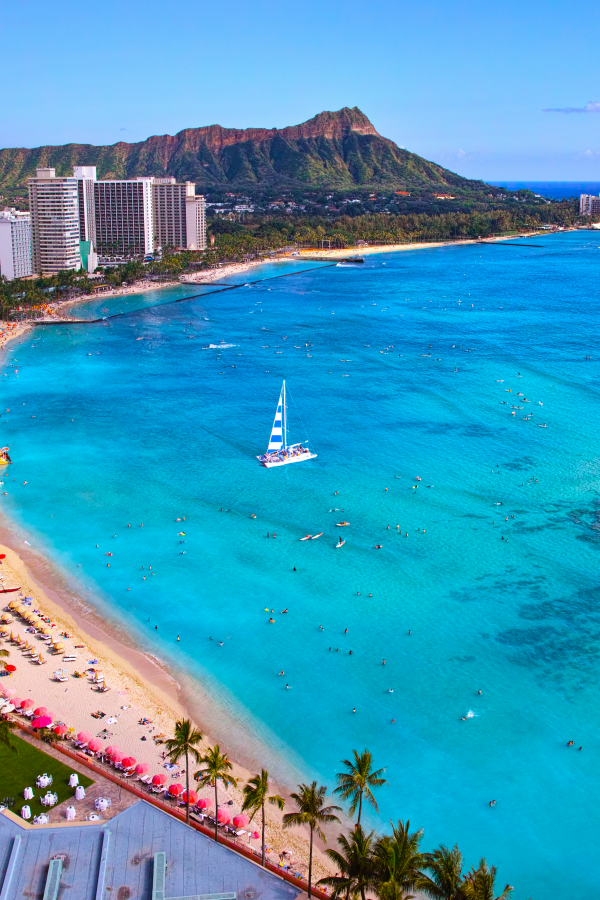Waikiki stands as one of Hawaii’s most iconic tourist destinations, renowned for its stunning beaches, vibrant cultural scene, and luxurious resorts. Yet, beyond its allure as a paradise for sun-seekers and adventure enthusiasts lies a rich history encapsulated in its name. “Waikiki,” more than just a label on a map, carries with it stories of ancient traditions, natural beauty, and a deep cultural significance that beckons to be explored. This article delves into the roots of Waikiki, shedding light on the meaning behind its name and uncovering the layers of history and heritage that make this destination truly unique.
The Etymology of Waikiki
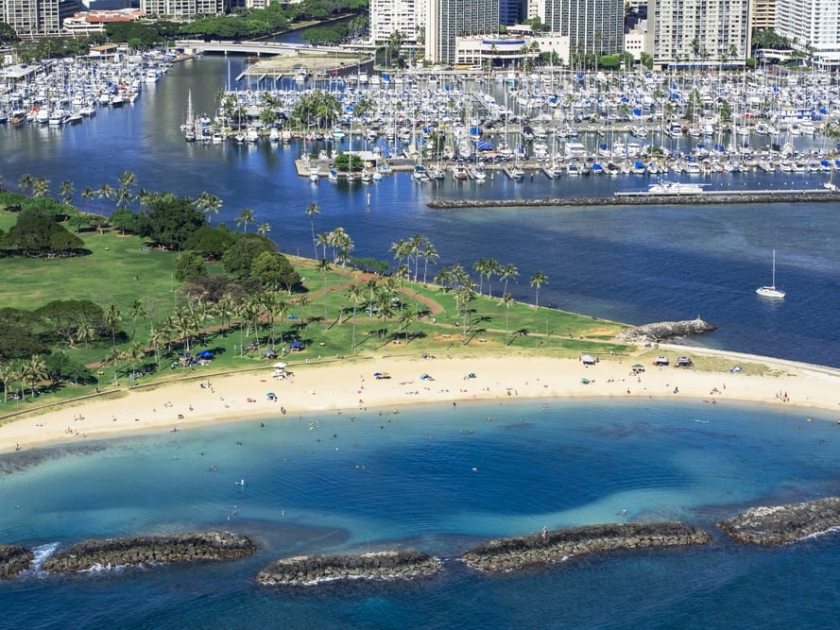
The name “Waikiki” holds a profound connection to its natural surroundings and the rich Hawaiian language from which it originates. In Hawaiian, “Wai” translates to water, and “kiki” is derived from “kīkī,” meaning spouting or spraying, collectively depicting the area’s abundant springs and streams that once flowed into the ocean. This etymology not only reflects Waikiki’s geographical features but also its historical essence as a fertile and bountiful land cherished by the Native Hawaiian people. Historically, Waikiki served as a retreat for Hawaiian royalty, known for its excellent surfing and rejuvenating waters. The naming of Waikiki, therefore, is deeply embedded in the natural and cultural heritage of Hawaii, offering a glimpse into the region’s past as a place of restorative beauty and significance.
Historical Overview of Waikiki
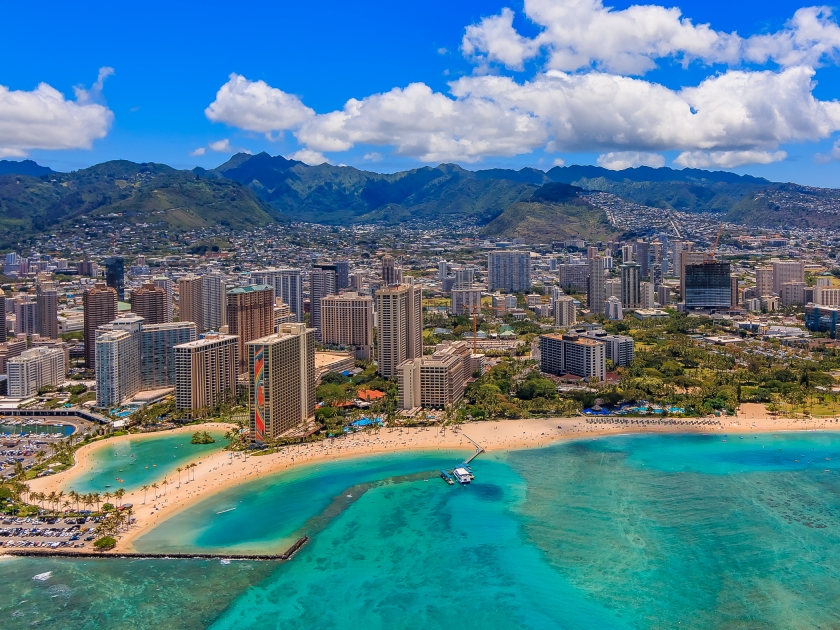
Long before Waikiki became synonymous with picturesque beaches and luxury resorts, it held deep pre-colonial significance for Native Hawaiians. Originally, this area was a marshland, sustained by the streams and springs that its name commemorates. It was transformed by early Hawaiians into a productive landscape of fishponds, taro fields, and gardens, showcasing an advanced understanding of aquaculture and agriculture. Waikiki was also a favored retreat for Hawaiian royalty, who indulged in surfing and canoe racing on its shores, highlighting its status as a place of leisure and recreation within Hawaiian society. Over centuries, Waikiki evolved from this vital agricultural and royal ground into a global tourist destination, its history reflecting a journey from natural abundance to a cultural hotspot, all the while retaining its essence as a cherished Hawaiian locale.
Cultural Significance of Waikiki
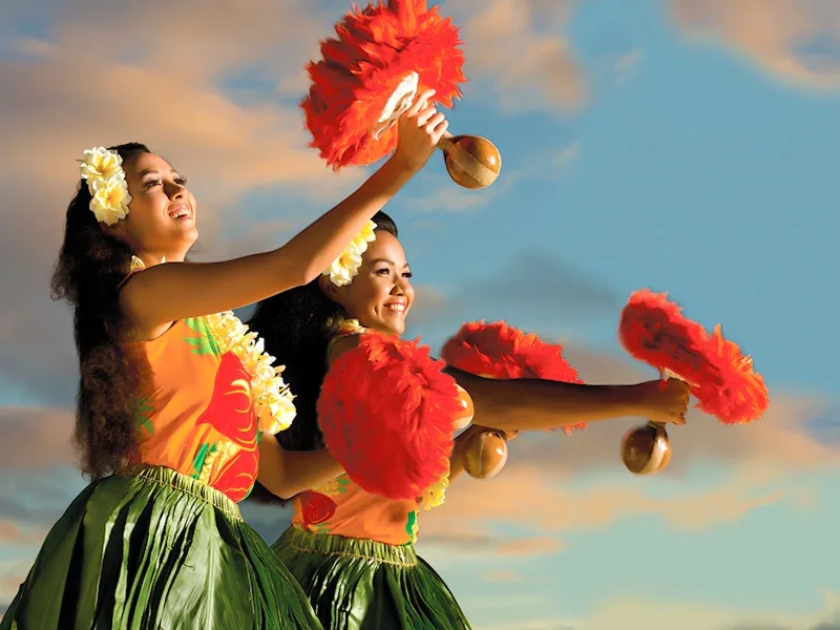
Waikiki, a name synonymous with Hawaiian paradise, serves as a living museum where the essence of traditional Hawaiian culture is not only preserved but vibrantly alive. Its beaches and stages echo with the sounds of ukuleles and slack-key guitars, providing a melodious backdrop to hula dancers whose movements tell ancient stories beneath the open skies. Waikiki has also become a canvas for contemporary Hawaiian artists, showcasing their work in galleries and public spaces, blending traditional themes with modern expressions. Throughout the year, the area buzzes with cultural festivals and events, from the Waikiki Ho’olaule’a to the Lei Day Celebration, each offering a glimpse into the heart of Hawaii’s heritage.
Waikiki’s Natural Beauty and Landscape
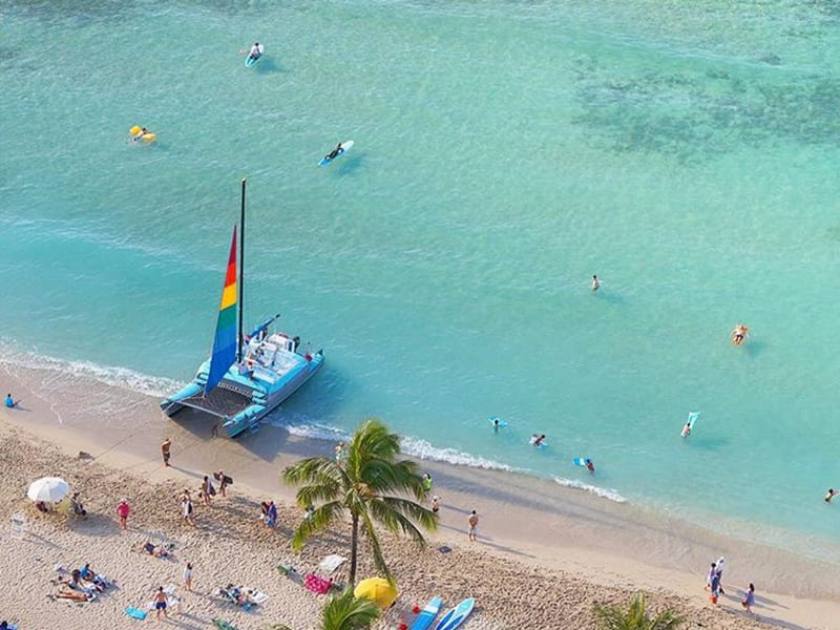
Waikiki captivates with its stunning geography, where diamond-shaped volcanic formations meet the azure embrace of the Pacific Ocean, crafting a landscape that is both breathtaking and serene. The golden sands of its beaches, framed by swaying palms and crystal-clear waters, are more than just picturesque—they are integral to Waikiki’s identity, a symbol of natural splendor, and a playground for both leisure and sport. Recognizing the preciousness of this natural beauty, concerted efforts are made to conserve Waikiki’s environment. Initiatives to protect marine life, restore beaches, and maintain the area’s lush green spaces are vital, ensuring that Waikiki remains a paradisiacal haven for future generations, a testament to the balance between nature’s bounty and human stewardship.
The Economic Impact of Waikiki
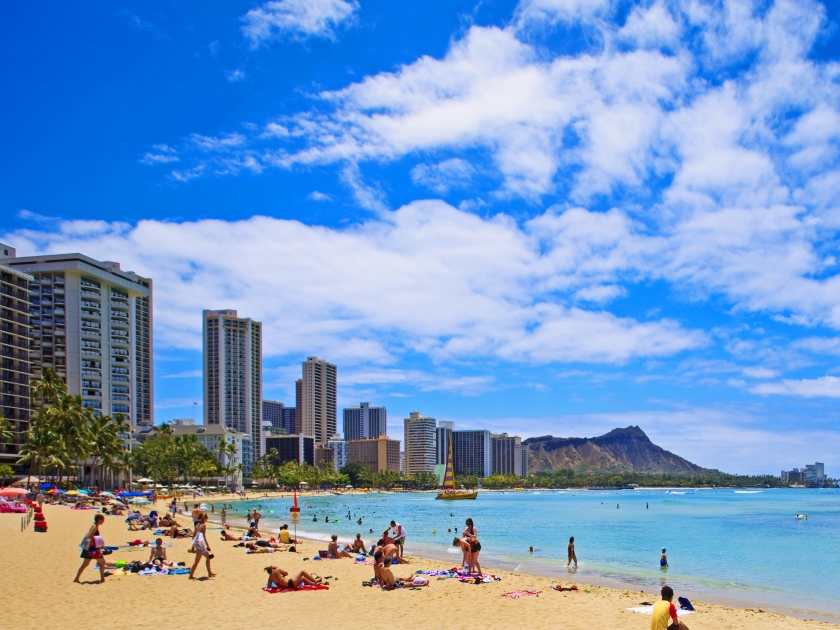
Waikiki is the pulsating heart of Hawaii’s tourism industry, serving as a crucial economic engine that drives the local and state economy. Its world-renowned beaches, cultural attractions, and hospitality sector not only draw millions of visitors annually but also significantly contribute to employment and local businesses, from restaurants and retail to services that cater to tourists’ needs. The ripple effect of tourism in Waikiki extends beyond immediate revenues, fostering growth in ancillary sectors and promoting cultural exchange. Looking ahead, Waikiki’s economic prospects appear robust, with ongoing investments in infrastructure, sustainability, and tourism offerings poised to enhance its appeal and ensure a sustainable balance between welcoming visitors and preserving the unique beauty and culture that define it. This strategic approach aims to secure Waikiki’s position as a premier destination while contributing to Hawaii’s economic resilience and prosperity.
Partake in a Story Centuries in the Making!
Understanding the meaning and history of Waikiki enriches the experience of every visitor, turning a simple holiday into a journey of discovery. We invite you to delve deeper into Waikiki’s heritage, to see beyond its surface beauty, and connect with the heart of Hawaii. Join the movement to preserve this paradise, ensuring that the stories, traditions, and natural wonders of Waikiki continue to inspire awe and respect for generations to come. Your exploration contributes to a legacy of understanding, appreciation, and conservation.




